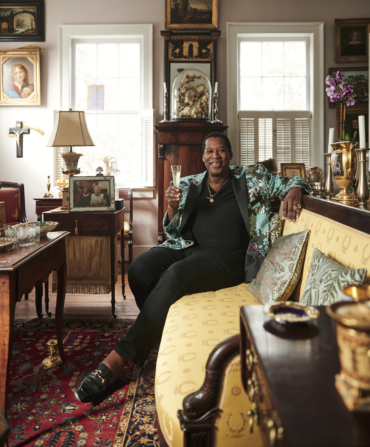
Chadwick Boseman
The Shape-Shifter
November 29, 1976 – August 28, 2020
Actor, director, and playwright Chadwick Boseman skyrocketed into the spotlight with his role as Jackie Robinson in the 2013 film 42. He went on to star as James Brown (Get On Up, 2014) and Thurgood Marshall (Marshall, 2017), and then became an icon in his own right with his 2018 portrayal of T’Challa in Black Panther—the first Black Marvel superhero. Boseman credited his work ethic to his Anderson, South Carolina, upbringing, and told G&G in a 2017 interview, “the Southern part of me is always going to come out. It doesn’t matter where you live, or where you’ve been, there’s certain stuff you keep.”

Justin Townes Earle
The Americana Troubadour
January 4, 1982 – August 20, 2020
Though born to the Texas legend Steve Earle, and named for the songwriter Townes Van Zandt, Justin Townes Earle’s contribution to Southern sound was remarkable on its own merit. He lived in New York as he produced Harlem River Blues (2010), Kids in the Street (2017), and his last album, The Saint of Lost Causes (2019), but his music—self-classified as “Southern American”—was an ongoing homage to his roots. “[Southern music] is one of those things I’ll always keep doing,” he told G&G in 2010. “There’s just too much of it—you can never learn it all, and you’ll never be able to escape it.”
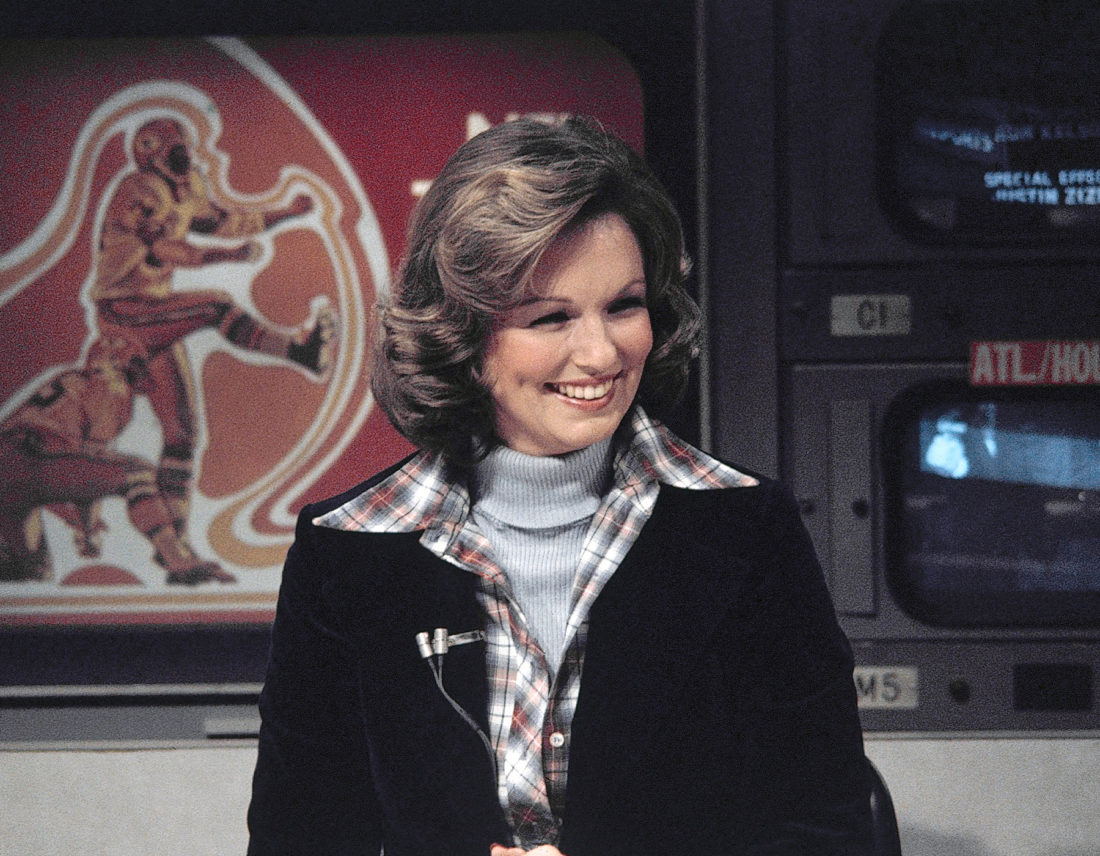
Phyllis George
The TV Trailblazer
June 25, 1949 – May 14, 2020
As first a beauty queen, then a sportscaster, then the First Lady of Kentucky (among other things in between), the businesswoman Phyllis George became as renowned for her intimate interviews with athletes as she was for her beauty. While her crowning as Miss America 1971 launched her into the spotlight, she made history as one of the first female reporters and cohosts of CBS’s The NFL Today (as she told People in 1976, “I’m from Texas, and down there you follow the Texas Longhorns and the Dallas Cowboys or you don’t belong”). Her path opened the door for other women, including the ESPN broadcaster Hannah Storm, who classified George as “a true trailblazer.”
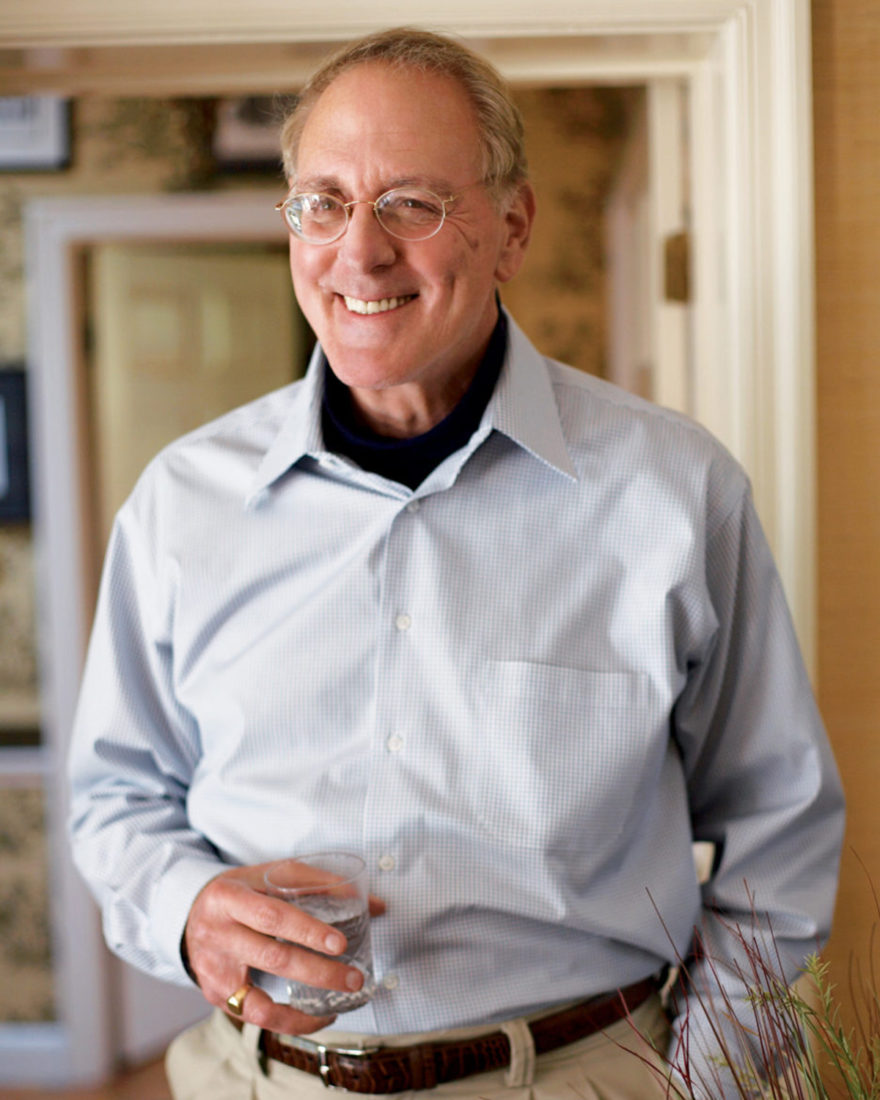
Winston Groom
The Author of a Phenomenon
March 23, 1943 – September 17, 2020
“I upgraded to a better brand of toilet paper,” the author Winston Groom would reportedly tell those who asked him how writing the novel Forrest Gump changed his life. Ever unpretentious, Groom—an Alabamian and a long-time G&G contributor (his pieces include an ode to porch sitting and an essay on learning to shoot left-handed)—authored more than twenty books. At a party before the ceremony where the Forrest Gump film took six Academy Awards, Groom recalled, “I was talking to [Tom] Hanks and he said, ‘I’m not sure you did me any favors here. They’re going to want me to play this character forever.’ I told him I was in the same boat. The next book I wrote could be the Bible and all people would want to talk about is Gump.”
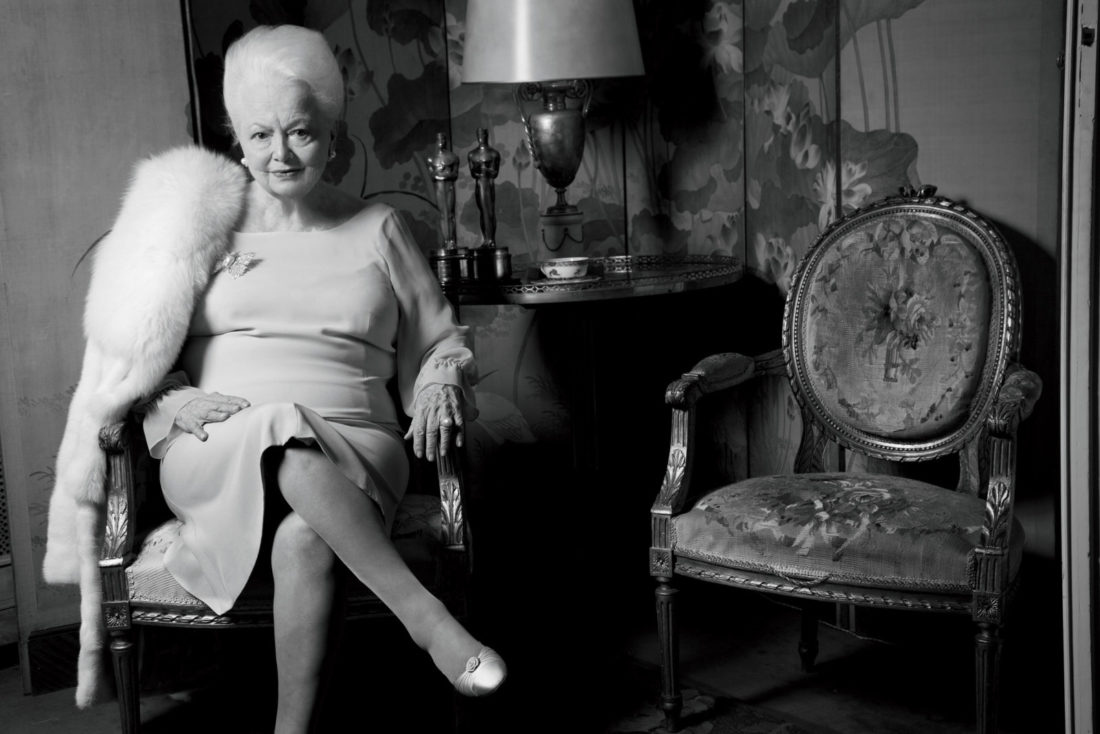
Olivia de Havilland
The Hollywood Heroine
July 1, 1916 – July 26, 2020
Though she was born in Japan to British parents and would go on to spend much of her life overseas, Olivia de Havilland carved out a place for herself in the canon of Southern greats through her portrayal of Melanie Wilkes in the Gone with the Wind film. The recipient of two Oscars and numerous other accolades for her performances in The Snake Pit, The Heiress, and others, De Havilland—who often played demure women—was anything but off-screen. She stood up for actors’ rights, even suing Warner Bros. in 1943. Of her experiences acting under the directors of Gone with the Wind, De Havilland told G&G in 2015: “They didn’t get the performances out of me. I gave the performances to them.”
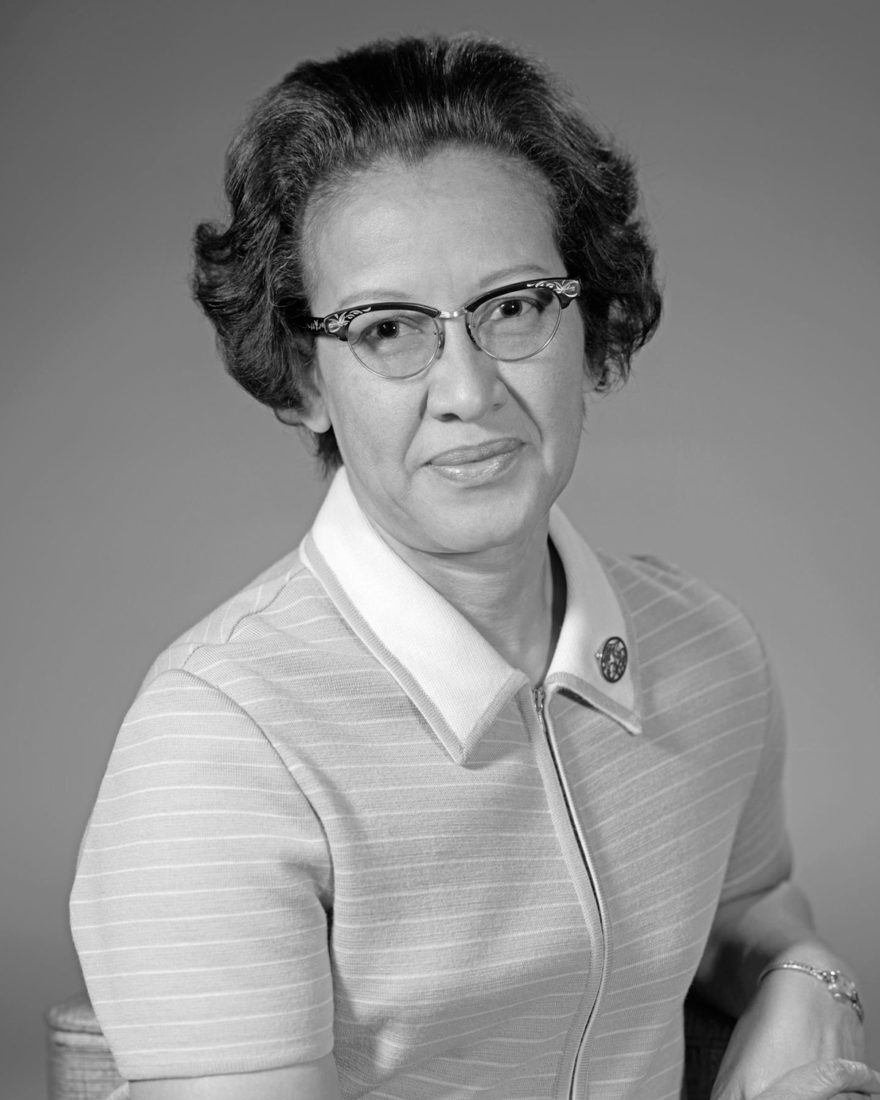
Katherine Johnson
The Frontier-Expanding Mathematician
August 26, 1918 – February 24, 2020
When then-president Barack Obama presented her with the Presidential Medal of Freedom in 2015, he said: “Katherine G. Johnson refused to be limited by society’s expectations of her gender and race while expanding the boundaries of humanity’s reach.” A West Virginia native, Johnson entered NASA at age thirty-four and went on to calculate the trajectory that would land Apollo 11 on the moon. The award-winning 2016 film Hidden Figures highlights her long-unacknowledged contributions to math, science, space exploration, and through them, civil rights for women and African Americans. Of the challenges that faced her, Johnson said simply, “I don’t have a feeling of inferiority. Never had. I’m as good as anybody, but no better.”
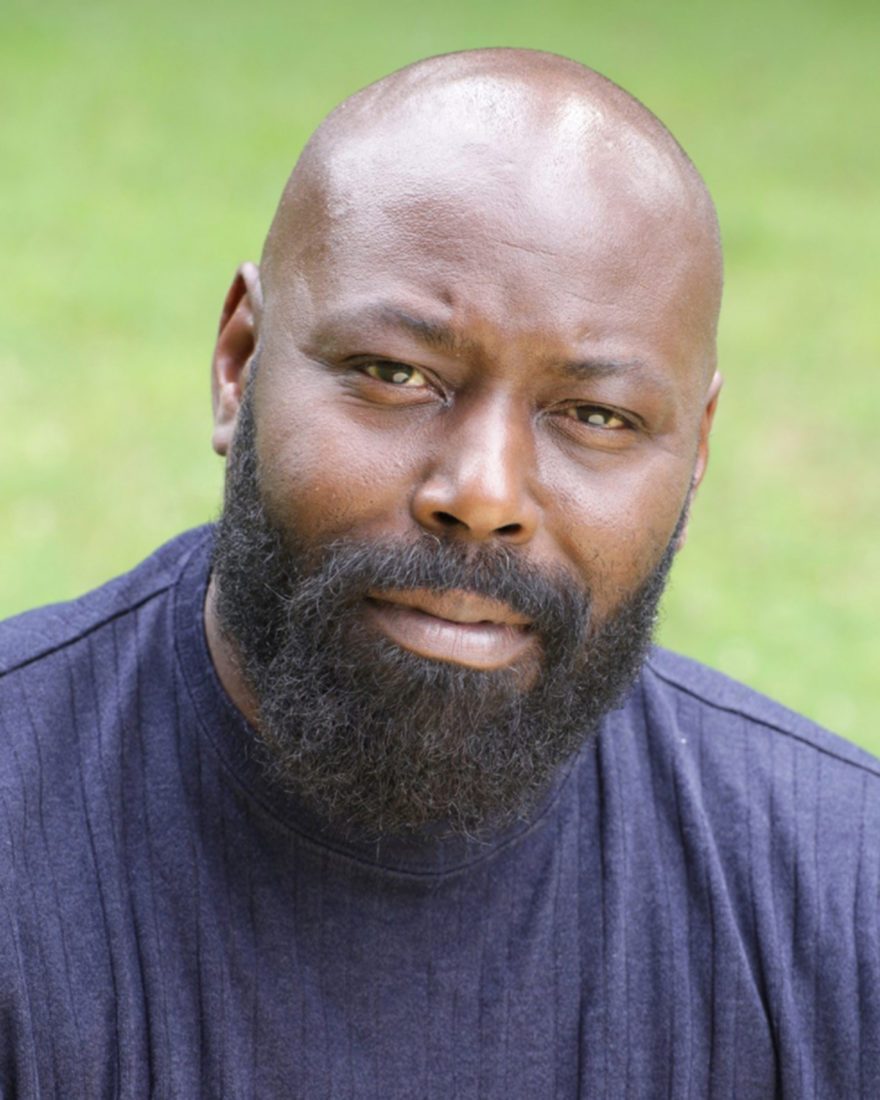
Randall Kenan
Wordsmith of Wonder
March 12, 1963 – August 28, 2020
The author Randall Kenan borrowed the atmosphere of the North Carolina hamlet where he grew up and transformed it into Tims Creek, a setting that blended realism with myth and magic in a novel and his short stories, including Let the Dead Bury Their Dead (called “nothing short of a wonder-book” by fellow novelist and reviewer Howard Frank Mosher). His work also included the short story collection If I Had Two Wings, which made the longlist for the 2020 National Book Award, as well as frequent contributions to G&G and countless other essays on social and civil rights. The South’s answer to magical realism, Kenan’s writing explored the theme of “how hard it can be to reconcile a rational view of the world with the irrational reality of lived, hands-on experience, where a lot of things don’t make sense.”
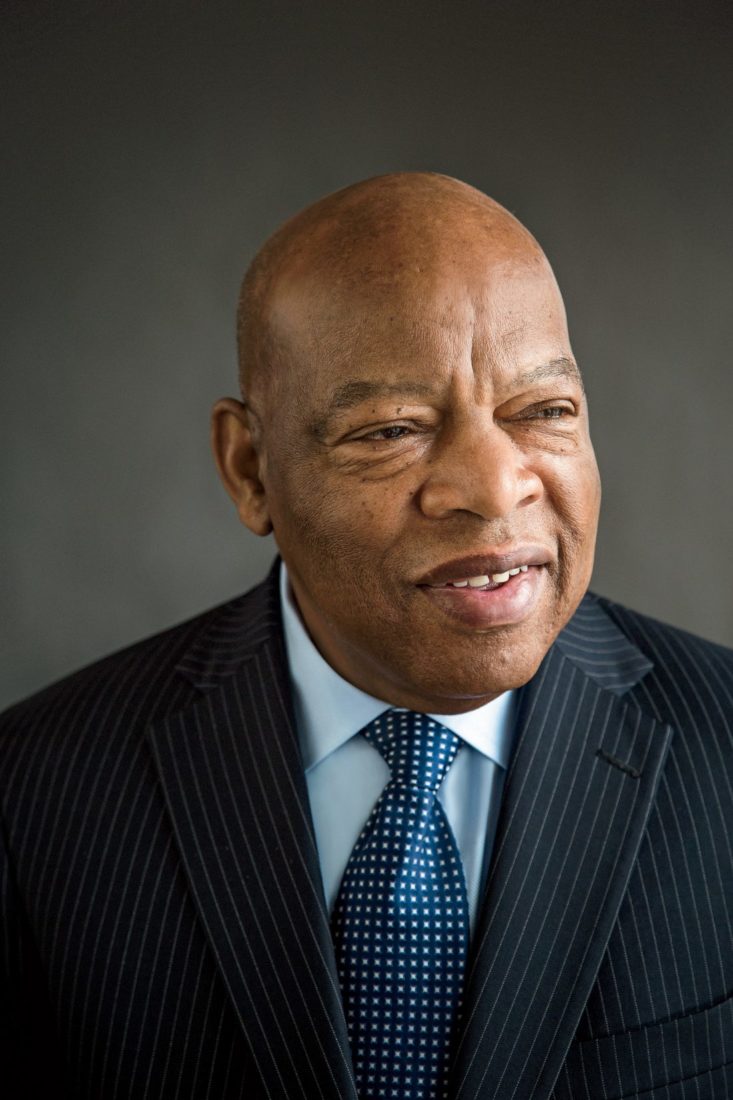
John Lewis
The Civil Rights Standard-Bearer
February 21, 1940 – July 17, 2020
Congressman John Lewis perhaps best speaks for himself: “In the final analysis, we are one people, one family, one house—not just the house of Black and white, but the house of the South, the house of America.” A civil rights leader—including of the Selma to Montgomery voting rights march of 1965, during which he was beaten by state troopers, and suffered a fractured skull—Lewis went on to serve in the U.S. House of Representatives for Georgia from 1987 until his death. Born in Alabama, Lewis never stopped believing in where he came from: “I am very, very hopeful about the American South,” he told Jon Meacham in a 2015 interview.
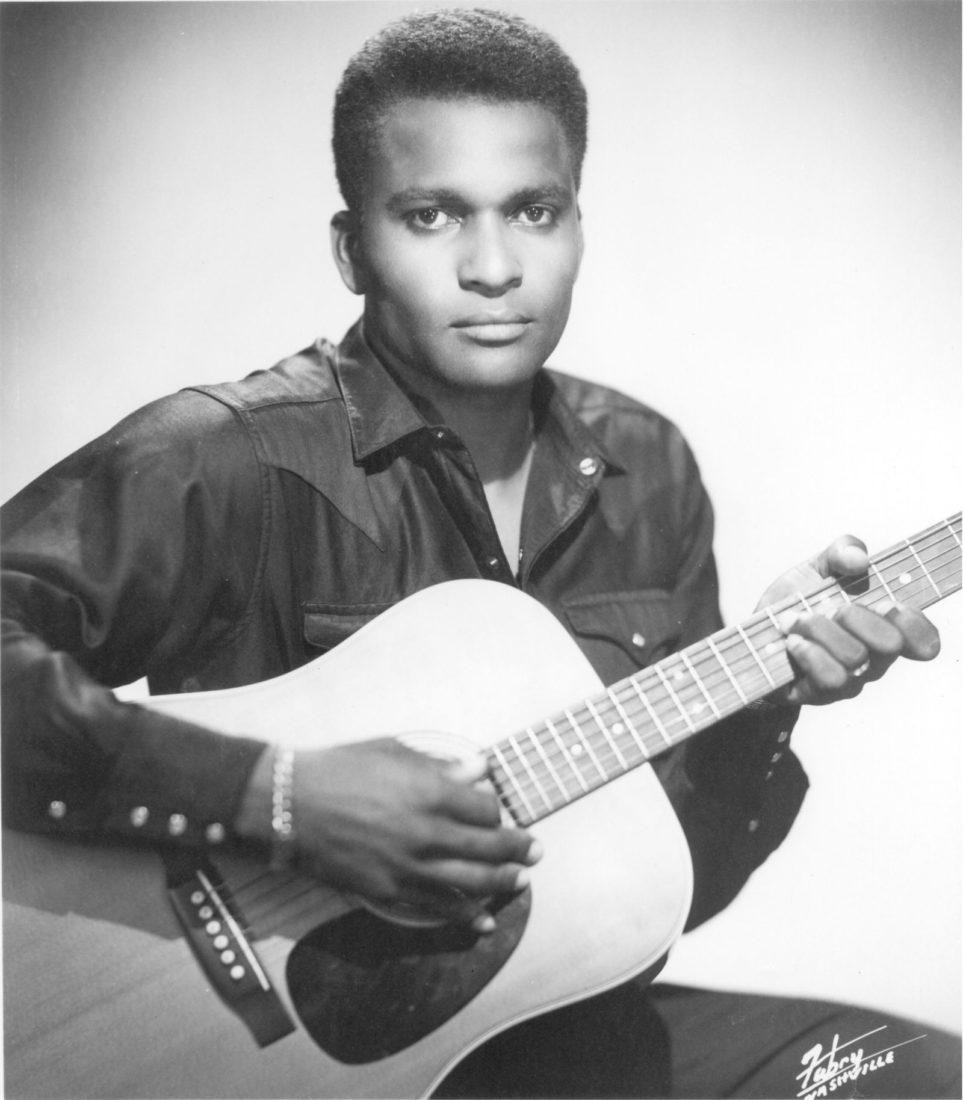
Charley Pride
The Country Pioneer
March 18, 1934 – December 12, 2020
At age fourteen, Charley Pride used money from cotton picking to buy his first guitar from Sears, Roebuck. By 1967—after years playing baseball in the Negro American League—he had put out his first hit, “Just Between You and Me.” The Mississippi native went on to become the first major Black voice in country music, contributing classics such as “Kiss an Angel Good Mornin’” and “All I Have to Offer You (Is Me),” just two of his twenty-nine songs that climbed to number one on the country charts. Darius Rucker, who lists Pride as an inspiration, explained Pride’s contributions simply: “No person of color had ever done what he has done.”
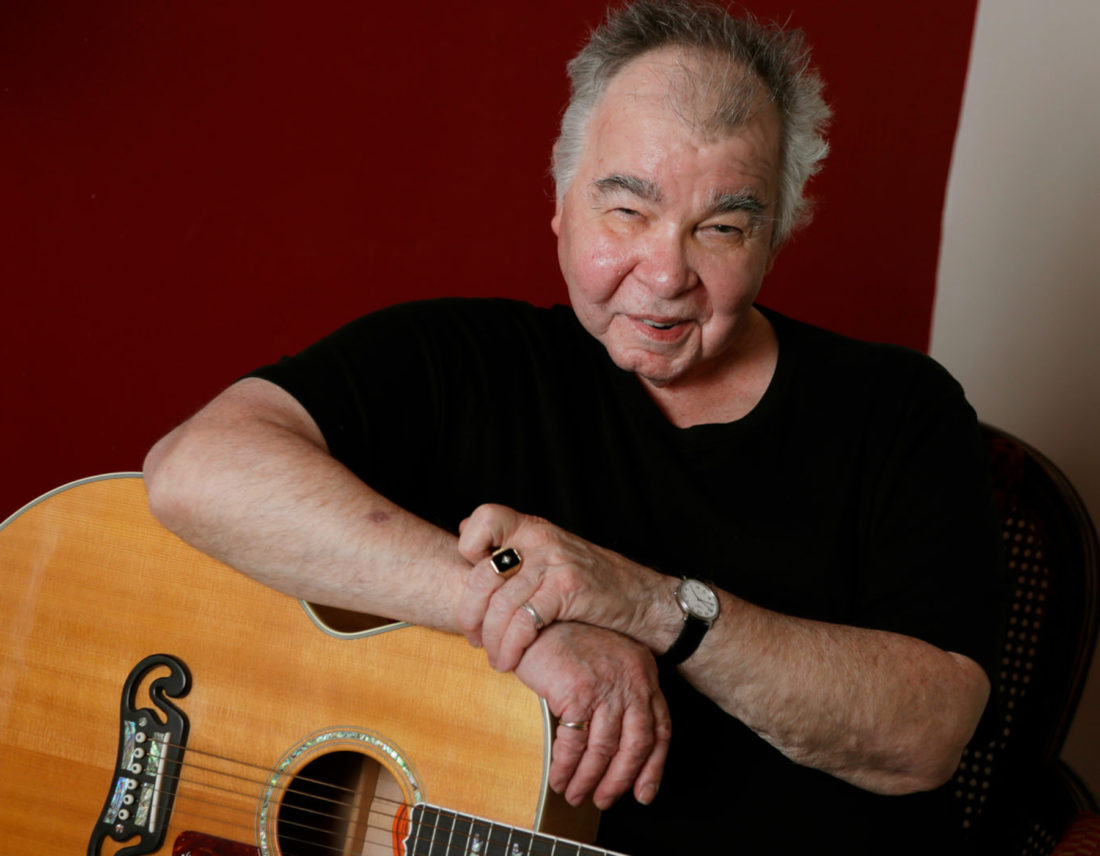
John Prine
The Storyteller
October 10, 1946 – April 7, 2020
John Prine was “always accessible, rarely opaque, ever happy to perform for his fans, who felt like we were in some special club,” wrote John Huey of the Grammy-winning artist known for his deeply empathetic (and often hilarious) lyrics in classics including “Sam Stone,” “Summer’s End,” and “In Spite of Ourselves.” The former mailman, born in Illinois to Kentucky parents, settled in Nashville, and his last album, The Tree of Forgiveness, was one of the most popular of his career. Bonnie Raitt, who popularized his song “Angel from Montgomery,” said of him: “He’s a true folk singer in the best folk tradition, cutting right to the heart of things, as pure and simple as rain.”

Julia Reed
The Larger-Than-Life Raconteur
September 11, 1960 – August 28, 2020
“If we’d tried to invent a character like Julia [Reed], nobody would have believed it,” wrote Jon Meacham of the beloved longtime G&G columnist and contributing editor. Reed captured the highs and lows of Southern culture in her eight books and countless essays for publications such as Vogue and the New York Times, and left a legacy that includes the Delta Hot Tamale Festival in her native Greenville. As novelist Jay McInerney recalled, “Julia Reed was…gifted with a biting wit, a fierce intellect, and a generous spirit of hospitality. She was an intellectual and a hedonist, a brilliant raconteur with a colorfully profane vocabulary who could whip up a delicious dinner for twenty of her friends and then drink them all under the table before waking up a few hours later to deliver a sparkling performance on MSNBC.”
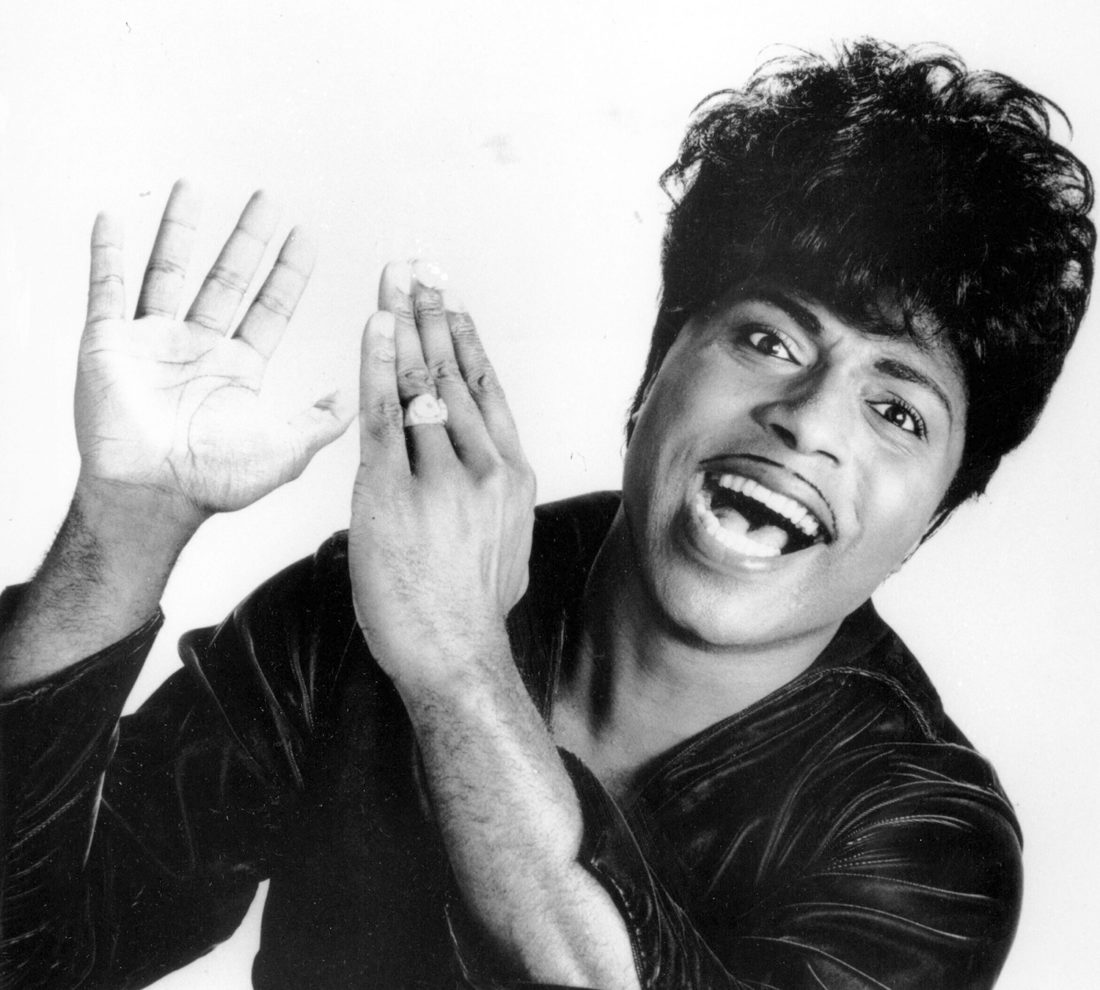
Little Richard
The Rockfather
December 5, 1932 – May 9, 2020
Flamboyant, wild, shrieking, piano-pounding, and gender-bending, Little Richard embodied the soul of the rock and roll he helped found. His 1955 hit “Tutti Frutti,” followed by the likes of “Long Tall Sally,” “Good Golly Miss Molly,” and many others, earned him a lifetime achievement Grammy and a place in the first group of inductees to the Rock & Roll Hall of Fame. “Elvis popularized [rock and roll],” the musician Stevie Van Zandt tweeted upon Little Richard’s death. “Chuck Berry was the storyteller. Richard embodied the spirit of rock and roll.” In the Macon, Georgia, native’s own words: “A lot of people call me the architect of rock ‘n’ roll. I don’t call myself that, but I believe it’s true.”
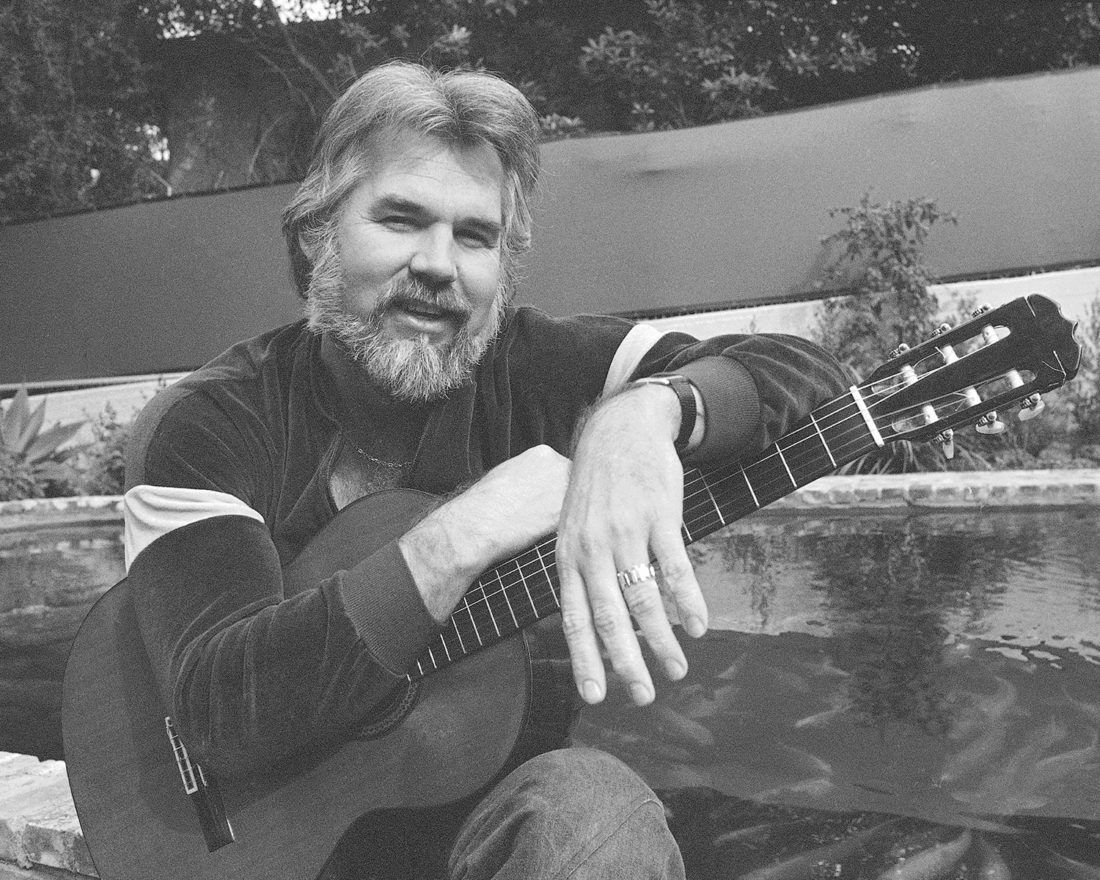
Kenny Rogers
The Country Crooner
August 21, 1938 – March 20, 2020
Country Music Hall of Fame, three Grammys, five CMAs, ten Academy of Country Music Awards—the list goes on for Kenny Rogers, the Houston-born, Georgia-based star who spent seven decades contributing to the landscape of country music with classics such as “The Gambler,” “Lucille,” and “Lady.” As he told Rolling Stone in 2017, “I tried not to compromise. I did songs I believed in, because you do them with more authority and you do them with a greater sense of belief.” Rogers is known for his gravelly voice, his duets (with partners including Dolly Parton, Kim Carnes, and Sheena Easton), and television appearances (such as The Gambler film series in 1980).
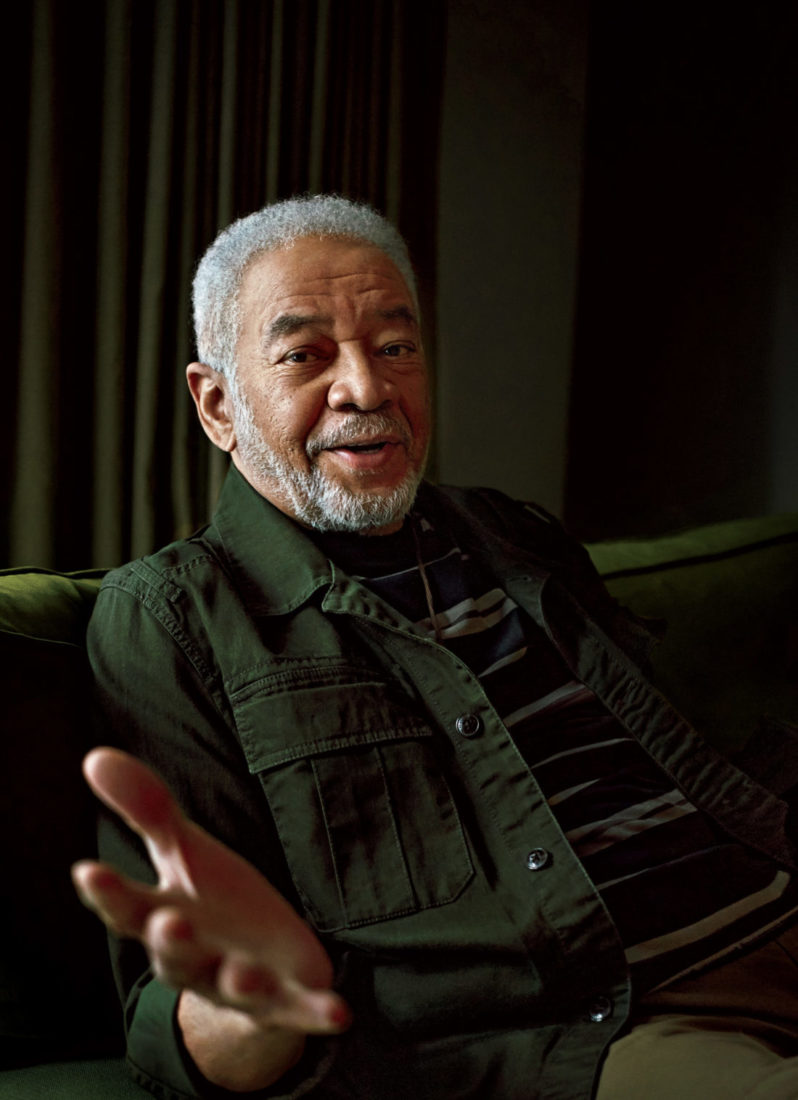
Bill Withers
The Soul Man
July 4, 1938 – March 30, 2020
Three-time Grammy winner Bill Withers appeared on the music scene in the late sixties as suddenly as he left it a decade and a half later to focus on his family, after spinning out anthems such as “Ain’t No Sunshine” and “Lean on Me.” “Bill was a mystical man,” said his producer Leo Sacks, “but he let the songs speak for themselves. He sang so conversationally and universally, like he was sitting next to you.” Of his induction into the Rock & Roll Hall of Fame in 2015, Withers told G&G, “I feel it’s healthier to look out at the world through a window rather than through a mirror. With a mirror, all you see is yourself and whatever is behind you.”
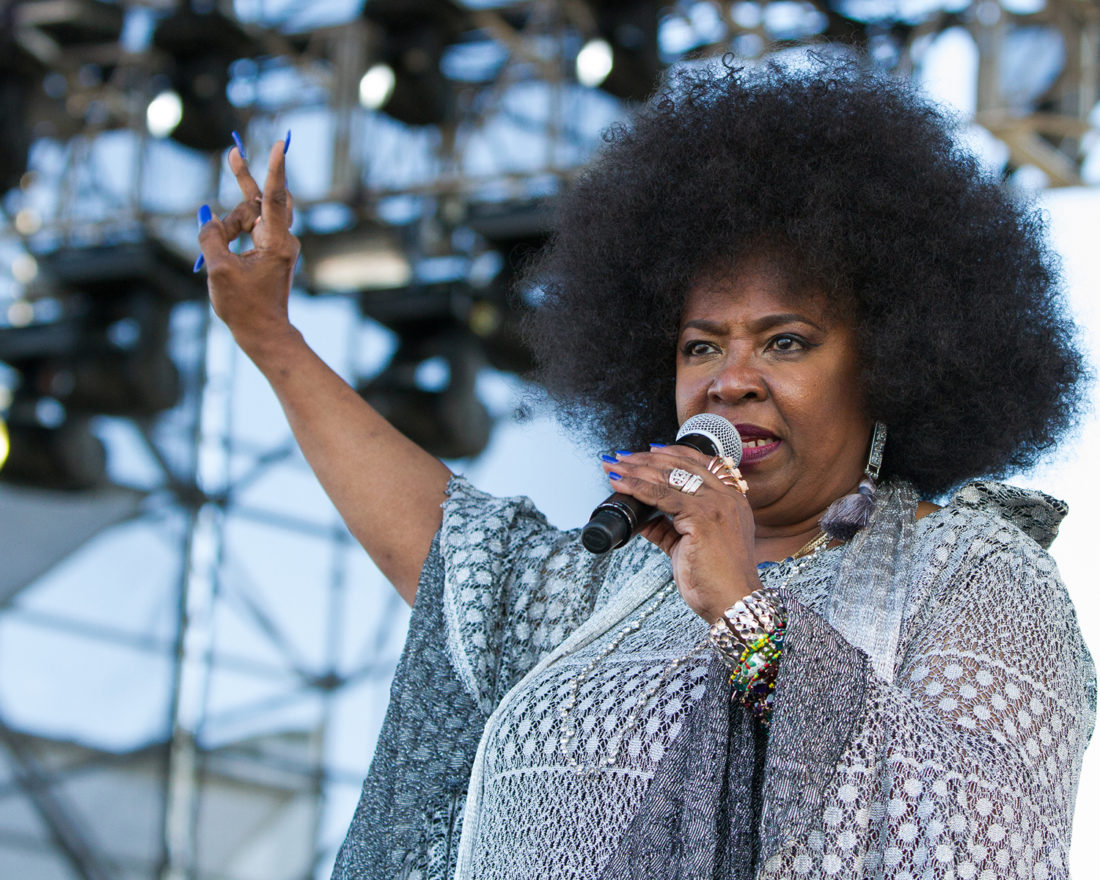
Betty Wright
The Music Mentor
December 21, 1953 – May 10, 2020
Over six decades, Betty Wright established herself as a force across the gospel, soul, and R&B genres. The Miami-born singer-songwriter recorded “Clean Up Woman” at just seventeen, and went on to start her own record label, win a 1976 Grammy for “Where Is the Love,” and influenced and collaborated with stars from Gloria Estefan to Beyoncé to Snoop Dogg. She was a Miami girl all her life, saying of the city and its music, “You’ve got a little Cuba, a little Jamaica, and a little Haiti; you’ve got a large Jewish culture and you’ve got calypso. Then you’ve got people who were born here or came from South Carolina, where they’ve got a heavy African culture too. It’s a very rhythmic roots music.”
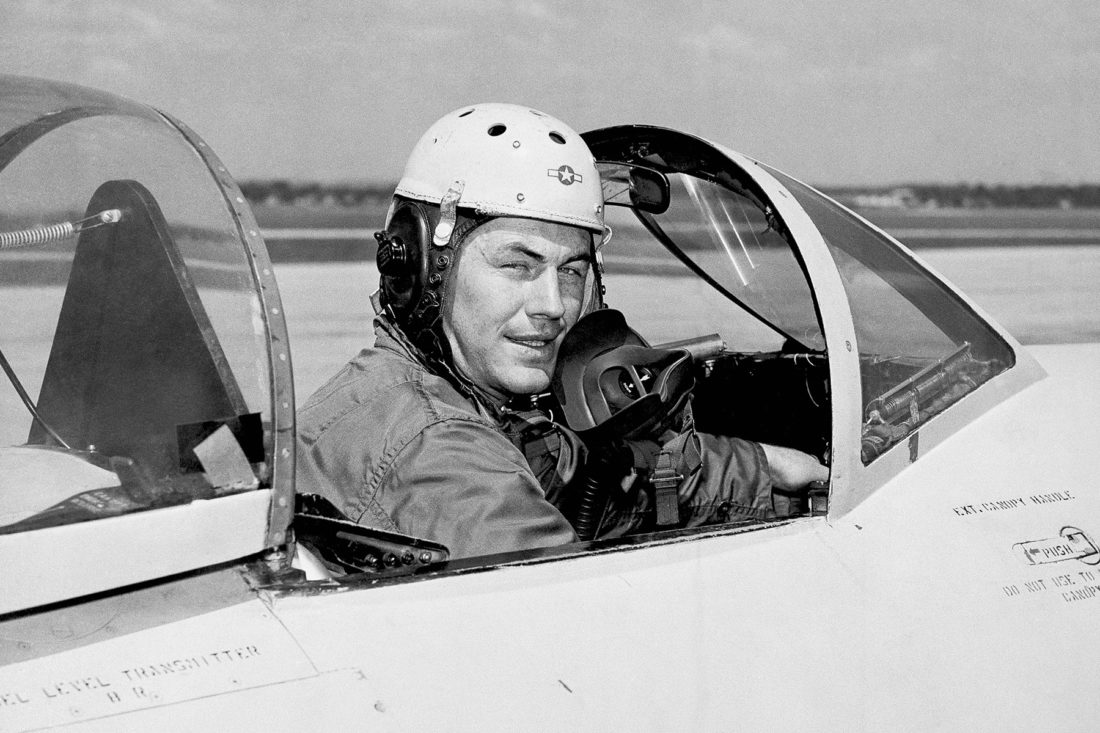
Chuck Yeager
The Barrier Breaker
February 13, 1923 – December 7, 2020
On October 14, 1947, Chuck Yeager hurtled to reach 700 miles per hour in an experimental plane over California’s Mojave Desert, breaking the sound barrier and making aviation history—a moment memorialized in Tom Wolfe’s 1979 book The Right Stuff and in the ensuing film four years later. Yeager, a native West Virginian, was noted for his drawl and his contributions to World War II as a fighter pilot, where he logged more than 10,000 hours in the air. Of having the purported “right stuff,” Yeager wrote in his 1985 memoir, “All I know is I worked my tail off learning to learn how to fly, and worked hard at it all the way. If there is such a thing as the right stuff in piloting, then it is experience. The secret to my success was that somehow I always managed to live to fly another day.”




